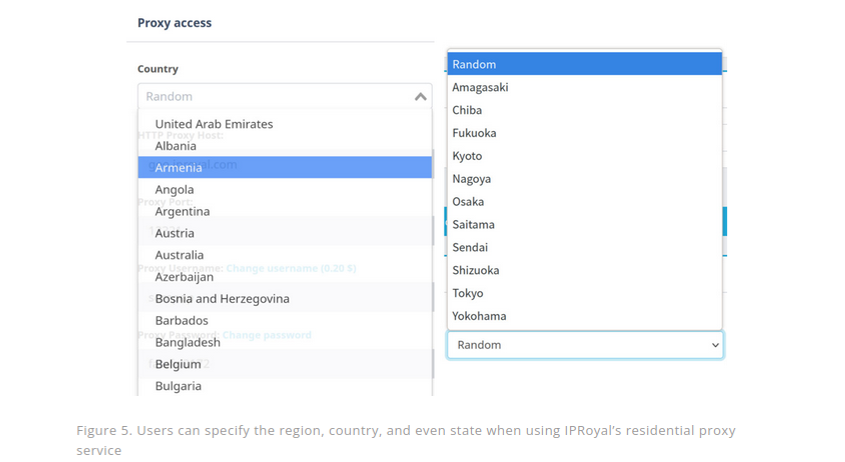
Simplify Your FINRA Compliance
Financial markets operate in a highly regulated environment to ensure transparency, fairness, and investor protection. One of the key organizations responsible for overseeing the securities industry in the United States is the Financial Industry Regulatory Authority (FINRA). Established in 2007, FINRA plays a crucial role in regulating the activities of brokerage firms and professionals to maintain market integrity.
For financial firms and professionals, compliance with FINRA rules and regulations is not optional; it’s a necessity. Non-compliance can result in severe penalties, damage to a firm’s reputation, and even legal action. However, navigating the complex world of FINRA compliance can be a daunting task. This article aims to shed light on FINRA compliance, why it’s essential, and how to simplify the process.
Understanding FINRA Compliance
The Financial Industry Regulatory Authority, commonly referred to as FINRA, is a self-regulatory organization (SRO) authorized by the U.S. government to oversee the securities industry. Its primary mission is to protect investors and ensure market integrity while facilitating efficient capital formation.
To achieve these goals, FINRA establishes and enforces rules and regulations that govern the behavior of financial firms and professionals. These rules cover a wide range of activities, from licensing requirements for brokers to reporting and record-keeping standards. Additionally, FINRA conducts examinations and investigations to monitor compliance and address violations.
Why Is FINRA Compliance Essential?
- Investor Protection: The primary purpose of FINRA is to safeguard the interests of investors. Compliance with FINRA regulations ensures that investors receive accurate and transparent information about the securities they invest in, reducing the risk of fraud or misrepresentation.
- Market Integrity: A well-regulated market is essential for maintaining investor confidence. FINRA’s rules and regulations help prevent market manipulation, insider trading, and other fraudulent activities that can undermine market integrity.
- Legal Obligation: Compliance with FINRA regulations is not optional for financial firms and professionals. Failure to adhere to these rules can result in severe legal consequences, including fines, suspension, or even the revocation of licenses.
- Reputation Management: Non-compliance can damage a financial firm’s reputation, making it challenging to attract clients and partners. Reputation is a valuable asset in the financial industry, and maintaining compliance is crucial for preserving it.
Simplifying FINRA Compliance
Now that we understand the importance of FINRA compliance let’s explore some strategies to simplify the process:
- Education and Training: The first step in simplifying FINRA compliance is to ensure that all employees are well-informed about the relevant rules and regulations. Regular training sessions and educational materials can help employees stay up-to-date and understand their compliance responsibilities.
- Compliance Technology: Invest in compliance technology solutions that automate and streamline compliance processes. These tools can assist with record-keeping, reporting, and monitoring, reducing the manual workload and the risk of errors.
- Hiring Compliance Experts: Many financial firms opt to hire compliance experts or consultants to navigate the complexities of FINRA regulations. These professionals can provide guidance, conduct internal audits, and ensure that the firm is in compliance with all applicable rules.
- Internal Controls: Implement robust internal controls and procedures to detect and prevent potential compliance violations. Regular internal audits can help identify and address issues before they escalate.
- Collaboration and Communication: Foster a culture of compliance within the organization. Encourage open communication between compliance departments and other areas of the firm to address concerns and ensure everyone is on the same page.
- Outsourcing Compliance Functions: Some firms choose to outsource certain compliance functions to third-party firms specializing in compliance services. This can be a cost-effective way to ensure compliance while focusing on core business activities.
- Stay Informed: The regulatory landscape is continually evolving. Staying informed about changes to FINRA rules and regulations is crucial. Subscribe to FINRA updates, attend industry conferences, and participate in relevant training programs to stay up-to-date.
- Documentation: Maintain thorough and accurate documentation of all compliance-related activities. Proper record-keeping is essential for demonstrating compliance in case of an audit or investigation.
- Regular Testing and Monitoring: Continuously monitor compliance efforts and conduct regular testing to identify weaknesses or areas that require improvement. Proactive measures can prevent compliance issues from arising.
- Seek Legal Counsel: In cases of uncertainty or complex compliance issues, it’s advisable to seek legal counsel. Experienced legal professionals can provide guidance and ensure that your firm is complying with the law.
Conclusion
Navigating FINRA compliance can be challenging, but it’s an essential aspect of the financial industry. Compliance not only protects investors and maintains market integrity but also safeguards your firm’s reputation and legal standing. By adopting the strategies mentioned above, such as education, technology, and collaboration, financial firms and professionals can simplify the process and ensure they meet their compliance obligations effectively and efficiently. In today’s highly regulated financial landscape, simplifying FINRA compliance is not just a choice; it’s a strategic necessity.
Contact Cyber Defense Advisors to learn more about our FINRA Compliance Assessment process.





